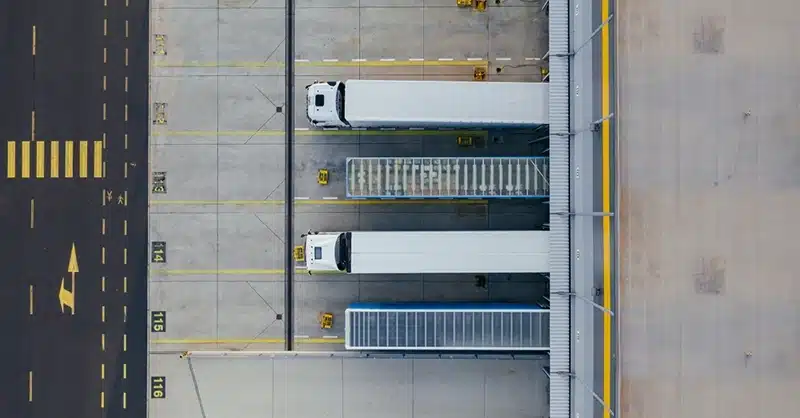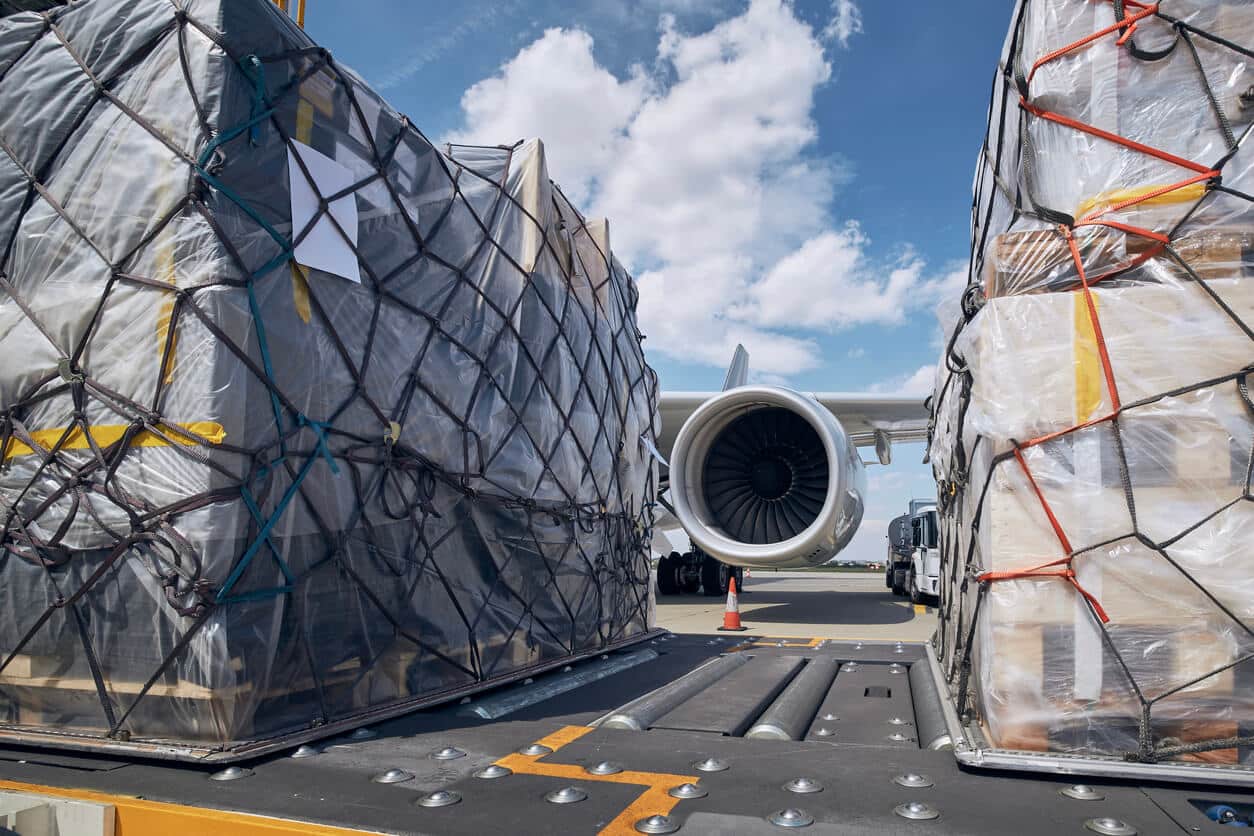Across Europe, supply chains are under constant pressure to move faster, comply with tighter regulations…
October 26, 2023
The customs declaration service exporter deadline is approaching: are you ready?
Exporters have until 30 November 2023 to move across to the Customs Declaration Service (CDS), eight months later than previously announced.

As of December 1, businesses will have to use CDS to make export declarations for goods they send out of the UK (which is what they already do for import declarations). Then from 30 March 2024, the CDS will be the UK’s single customs platform and all businesses will need to declare goods through the service.]
The CDS has been mandatory for all imports since October 2022, but it won’t be mandatory for exports until 1 December 2023. So, if they want, exporters can continue reporting through Customs Handling of Import and Export Freight (CHIEF) until the end of November.
But rather than leaving it all until the last minute, exporters might be best advised to use the time to get software and operations in line with the new requirements, in advance of the deadline.
If you’re already importing goods into the UK to be exported again, you should already be registered and reporting through the CDS. (That being said, you’ll still be able to use CHIEF for exports if necessary). But if your business only exports from the UK (and doesn’t import to the UK), you might not be registered for CDS yet.
A well-received progression
The new timeline for CDS exports is widely considered to be a sensible and pragmatic decision, as it will allow service providers, traders and agents alike to develop systems and procedures that work for the entire supply chain from day one.
It reflects the need to ensure the new system is properly tested and stable, and will allow operational flexibility with the phased migration of exports from CHIEF to CDS.
Sarah Hartley, Director of Border Change Delivery at HMRC, says of the change:
“We have moved the deadline to enable us to spend more time working with industry in delivering and testing critical functionality as well as the support needed to help declarants move across to the new system. The extra time also allows businesses and stakeholders more time to prepare their customers and software products for the November deadline.”
Exporters are advised to have sound controls and checkpoints in place to ensure that they successfully achieve the migration to the new platform, without any downtime, delays or adverse effects on business and the movement of goods.
A short history of CDS
CDS has been running since 2018 and is already in place for making import declarations when moving goods into the UK.
The new service will replace the service that’s currently in place (the Customs Handling of Import and Export Freight (CHIEF) service).
It is hoped it will represent a significant upgrade by providing businesses with a more user-friendly, streamlined system that offers greater functionality.
How it works
From November 30 2023, you’ll need to use the UK Trade Tariff to help complete your import or export declaration.
When making an import declaration you’ll need to choose how to pay duties, (VAT or excise). The CDS will allow you to manage your customs financial accounts and download statements, and you’ll also be able to give authority to others to use your accounts, which it’s hoped will alleviate any potential bottlenecks.
If you’re submitting import declarations yourself, you’ll need specialist software to interact with HMRC systems.
If any of this doesn’t make total sense, perhaps check out our in-house Customs Brokerage service, or try using the Trader Dress Rehearsal free-to-use service to practice submitting declarations. Alternatively, just get in touch with any queries you might have – we’re always happy to help.


